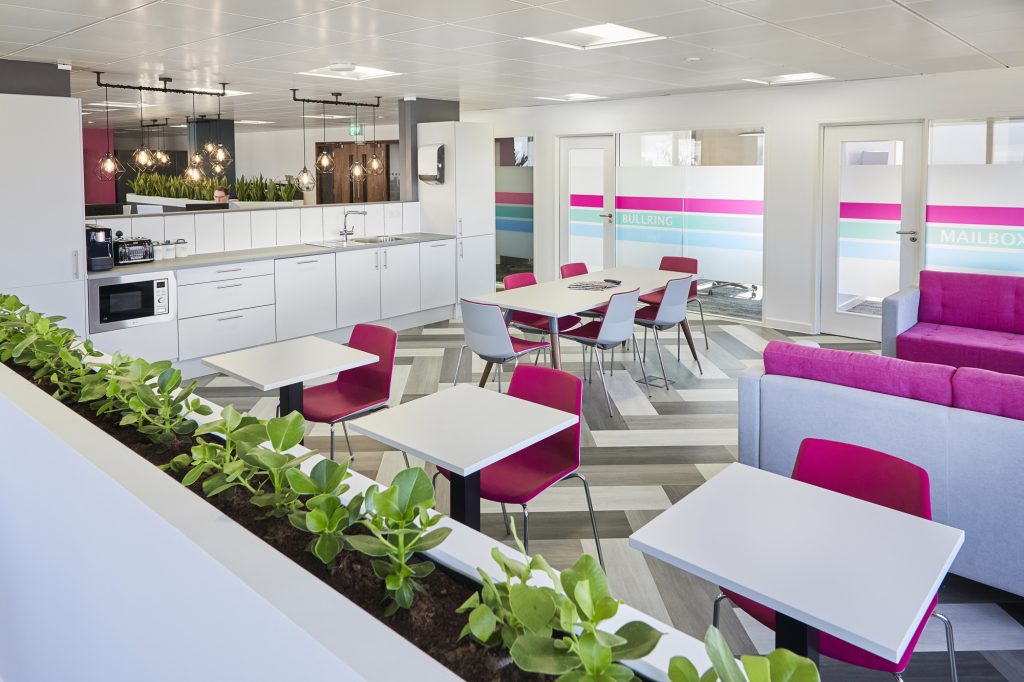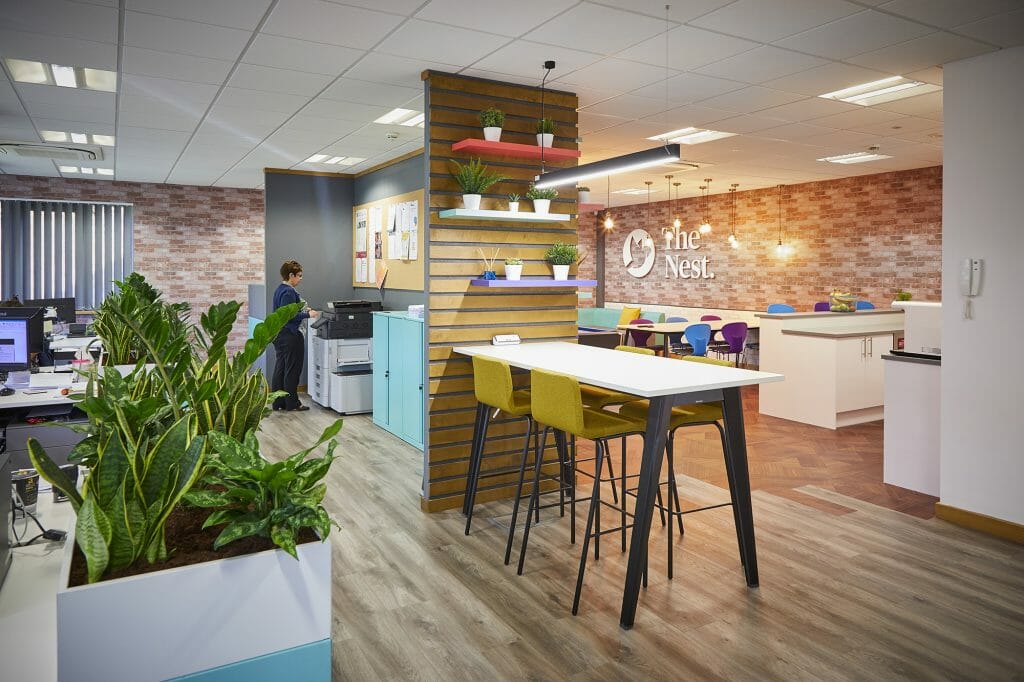21st Oct 2020
Meaning is the New Money: How to Design a Purposeful Workplace
If 2020 has taught us anything, it’s that an employee-first approach, where meaning, purpose, trust, and empathy are key, always wins.
Every one of your employees is a person. And, according to the Human Givens approach that we follow here at Blueprint, every person has fundamental physical and emotional human needs that must be met so they can be happy and healthy. One of the fundamental needs is meaning and purpose, which come from being stretched in what we do and think.
Of course, these needs must be met at work too. The bonus here is that happy and healthy humans are productive, a vital attribute if you’re to build a strong, thriving business.
Until now, ‘purpose’ is a term that’s often been discussed behind closed doors or thrown into random team building activities. With many companies not fully realising the importance it holds to the future of work and, crucially, to their business.
Then a global pandemic hits and finally the penny drops. Creating purpose and meaning in the workplace is essential to the lifeblood of all of our organisations!
Why meaning is key
Generally, people are demanding more meaning at work and expecting their employers to have a structured plan in place to deliver it.
A lot of leadership teams still believe that having a meaningful job is intrinsically linked to money. Essentially, that a purposeful job is based on how well paid it is. But this isn’t the case!
Recent findings have shown that 9 out of 10 employees are willing to earn less money to do more meaningful work.
When people find true meaning in their jobs, employee engagement and motivation gets stronger. Your employees are able work smarter, they become more productive, and the business operates better – it’s a win-win situation.
Creating purpose and meaning at work
So, it’s no longer only about having a collaborative company culture or a team-spirited ethos in the office – it’s also about purpose, and defining that purpose.
Your organisation’s purpose is what your people buy into. And those businesses with a strong, clear purpose are the ones that are more likely to operate more effectively, work more productively, and grow more quickly.
Once you’ve defined a purpose and have your team behind it, you can design a workplace that showcases how exactly your work is meaningful. So, how do organisations do this?
Flexible working
When you think of flexible working, the first thing that comes to mid is probably flexible hours or location. But you may not relate it to a flexible workplace design.
With flexible workplace design, it’s not about deciding how many square feet you need per head -definitely not. It’s about using space to benefit the wellbeing of your employees and, in turn, the business.
A workplace should provide for team-based meetings and activities, relaxation or breakout areas. And places where people can work productively and quietly alone if they need to. You might also need space to welcome visitors (even pets!) or carry out client workshops and hold industry events.

In our own office space at WorkLife Central, our boardroom walls can be folded away to create more open space for people to use. When we need to hold video conference meetings or confidential conversations, we can easily fold the walls out again – flexible office design at its finest!
Purpose-driven culture and shared values
Equally as important as the right kind of space to work in is the right kind of culture. A culture driven by purpose leads your people to think about and discuss, what gives them meaning at work.
With a purpose-driven culture, it’s also easier for leaders to engage with employees. This gives people a sense of meaning to their work, which often increases the value of their work too.
Shared values such as flexibility, empathy and trust are all values that encourage meaningful work. Transparent communication, tailored feedback and a strong desire by company management to show that they care and empathise are also key ingredients to creating meaning and, in turn, a productive workforce.

Knowledge sharing
In our opinion, every office design should encourage people to become ‘knowledge workers’. To truly achieve this, an organisation needs to have in place the right resources.
One element that’s fundamental to knowledge sharing is a collaborative culture where people are recognised and rewarded for teamwork and supporting others.
Another is technology, which was literally made to connect people, share ideas, and increase collaboration. Just because an employee is working from home, at a client’s office or even travelling, doesn’t mean they’re hard to reach.
So in a nutshell, your business should be using tech to empower your people to contribute and share knowledge from wherever they are.
Supportive workplace, constructive working
Social support is also vital to fostering meaning at work. For example, sharing meaningful work is an important form of social support. Whether that’s calling out an amazing project by a colleague, shouting about an incredible new business win, or even highlighting an achievement that one of your team has accomplished outside of work – it all matters!
You can physically design social support into your workspaces with effective branding to reinforce the company values that your employees live and breathe every day. This brings teams together and reminds everyone that they’re working towards the same shared goals. And that every piece of work they do is linked to the company’s shared purpose.
You can also ensure collaborative technology is on hand in every space to enable connection, encourage knowledge sharing and the development of great ideas.
Talk to us about your office design
If you’d like to discuss how to create a workplace that encourages shared purpose and meaning in your organisation, please do drop us a line on hello@www.blueprintinteriors.com or call us on 01530 223111.